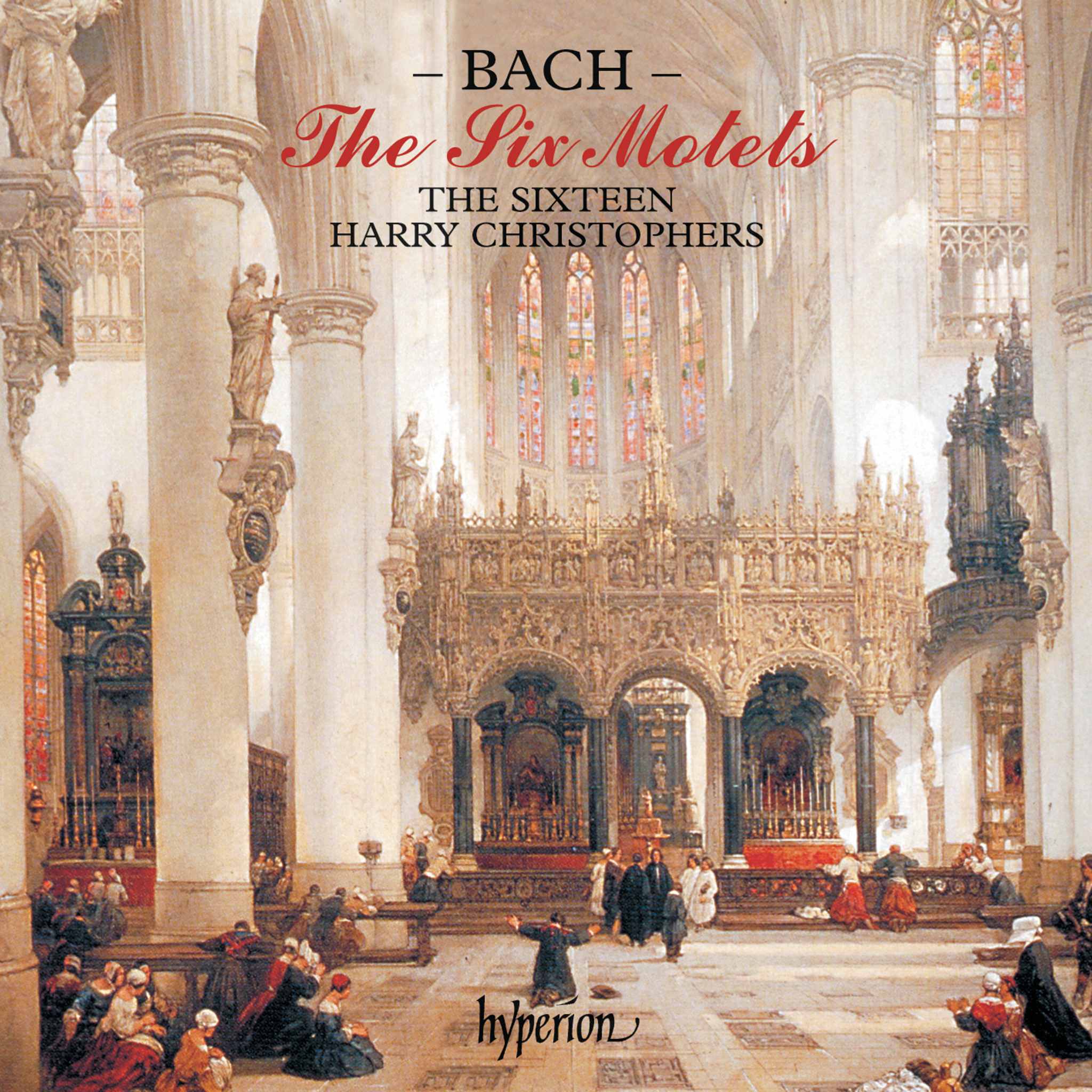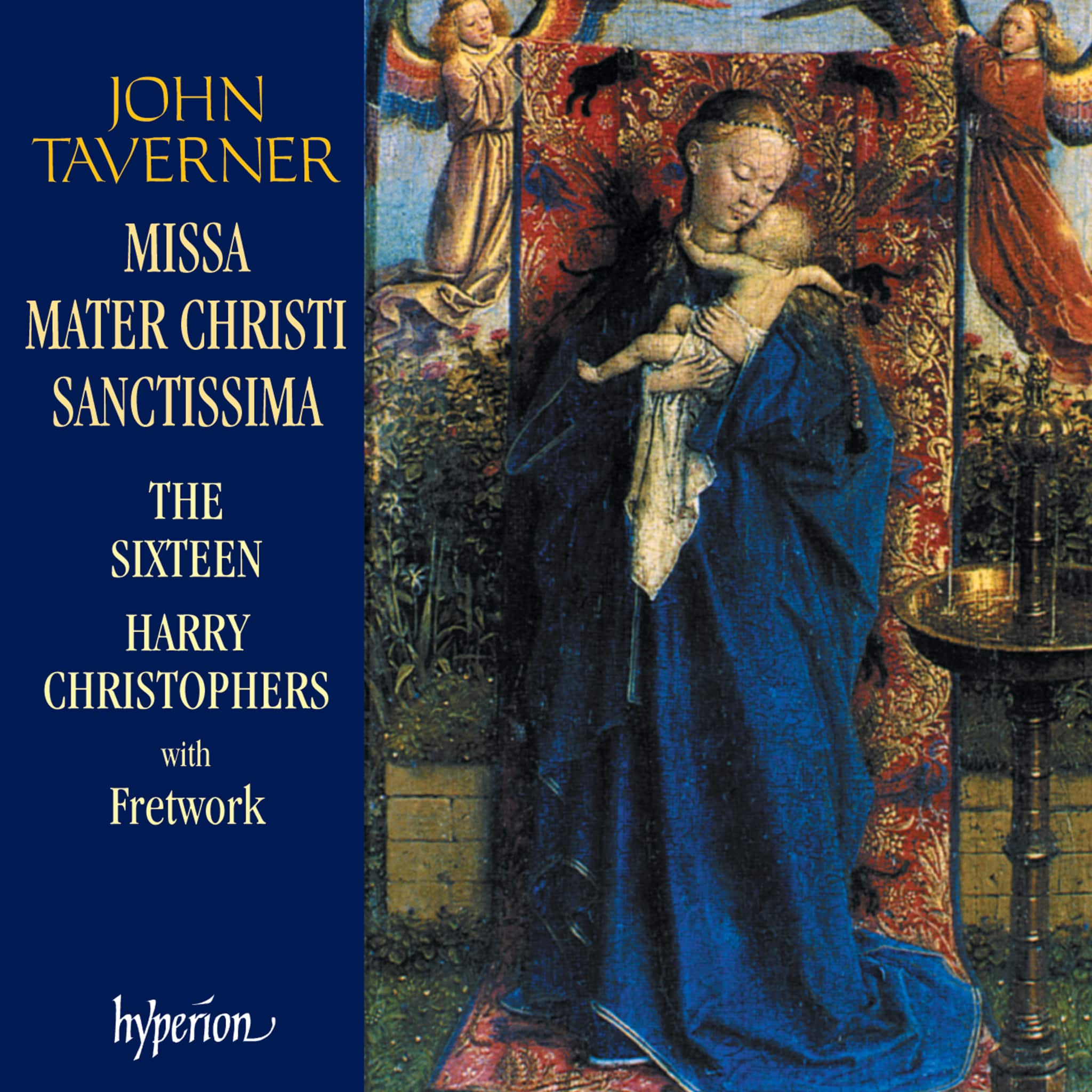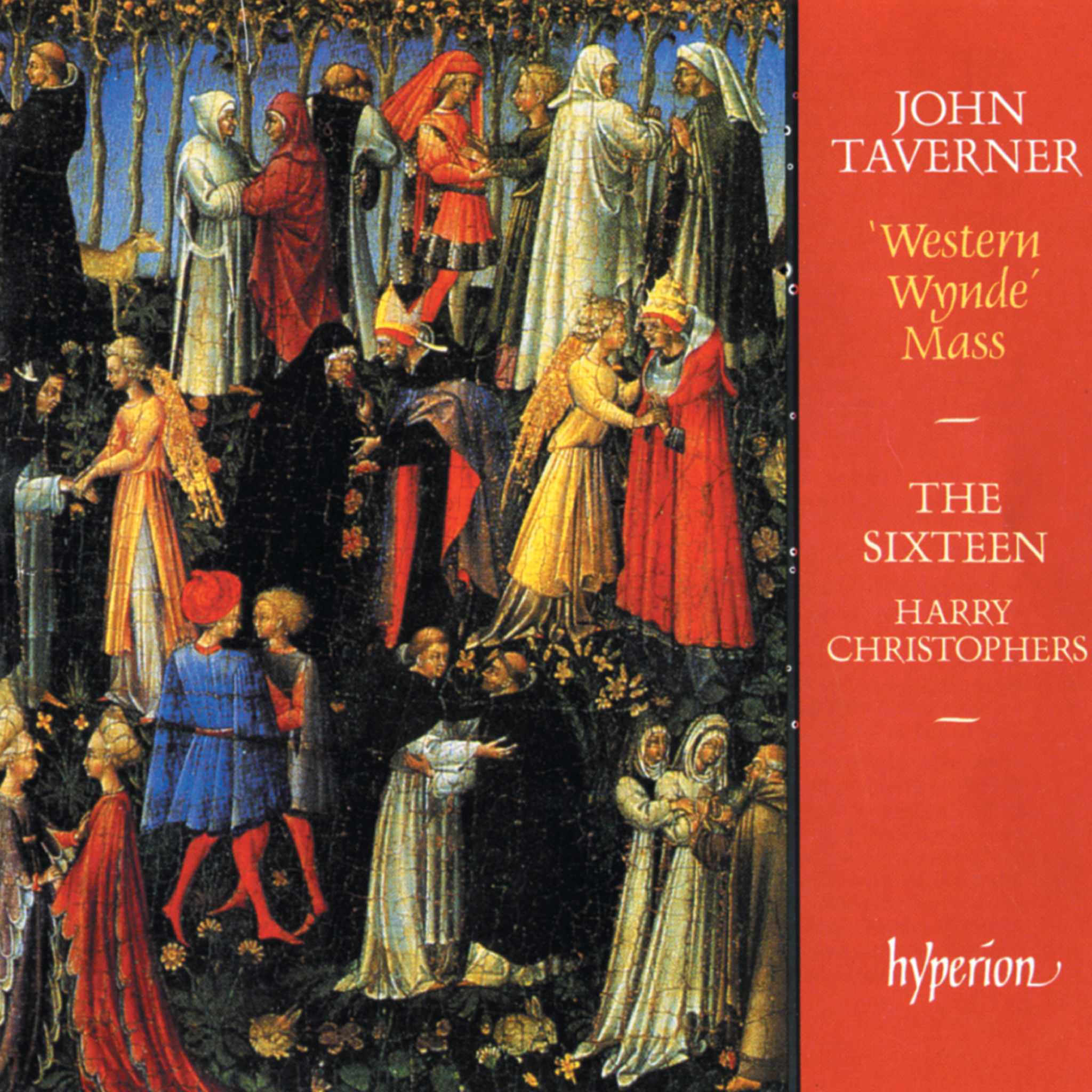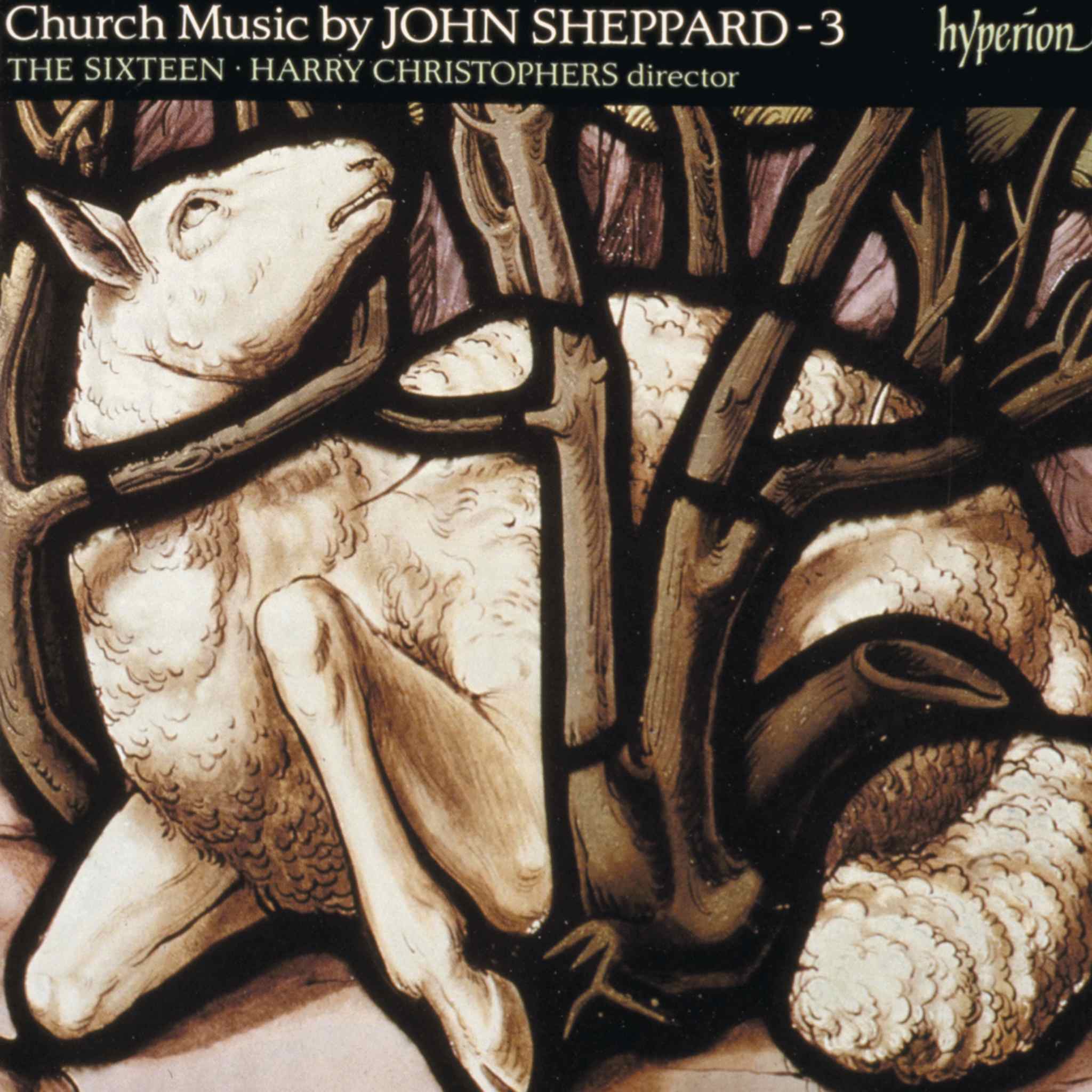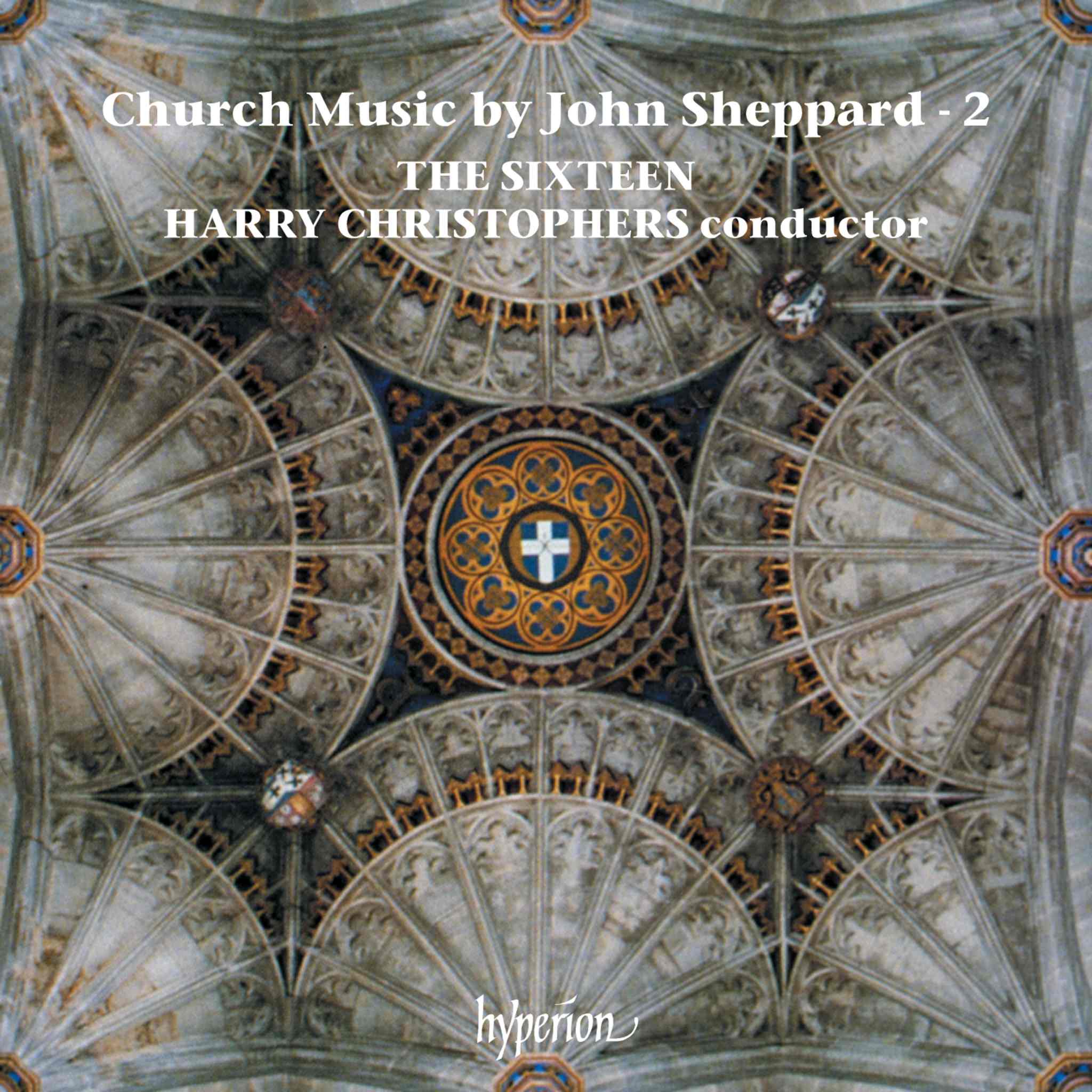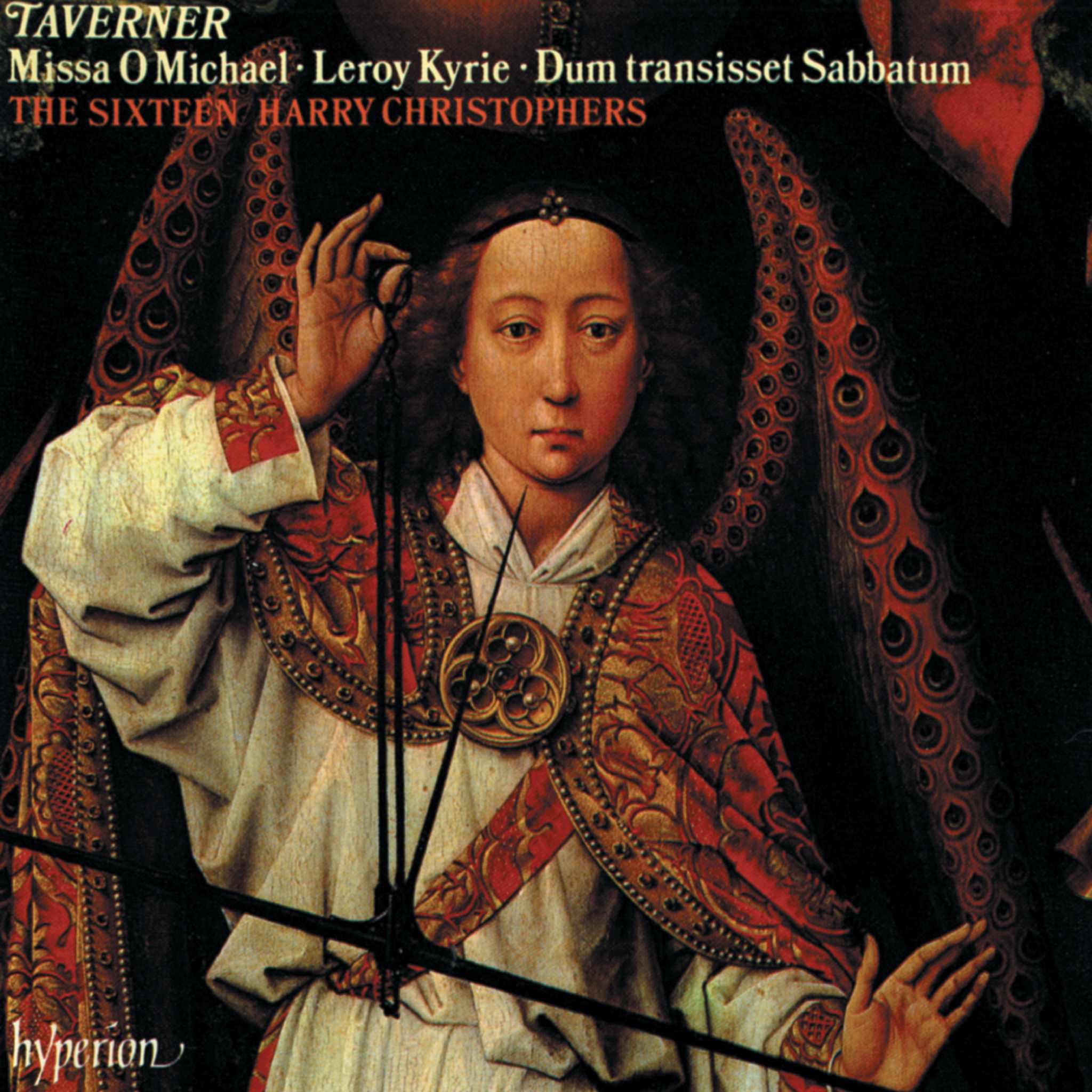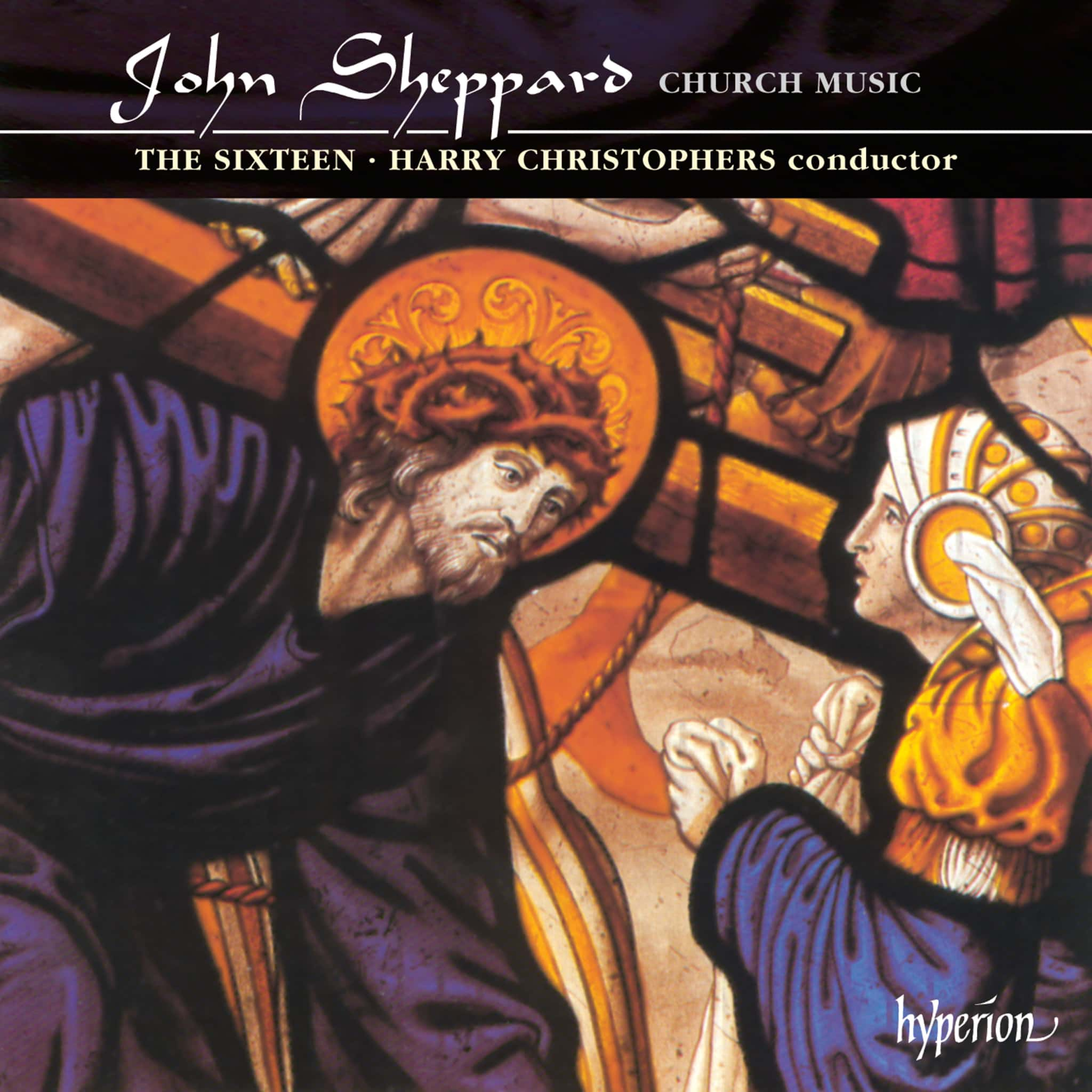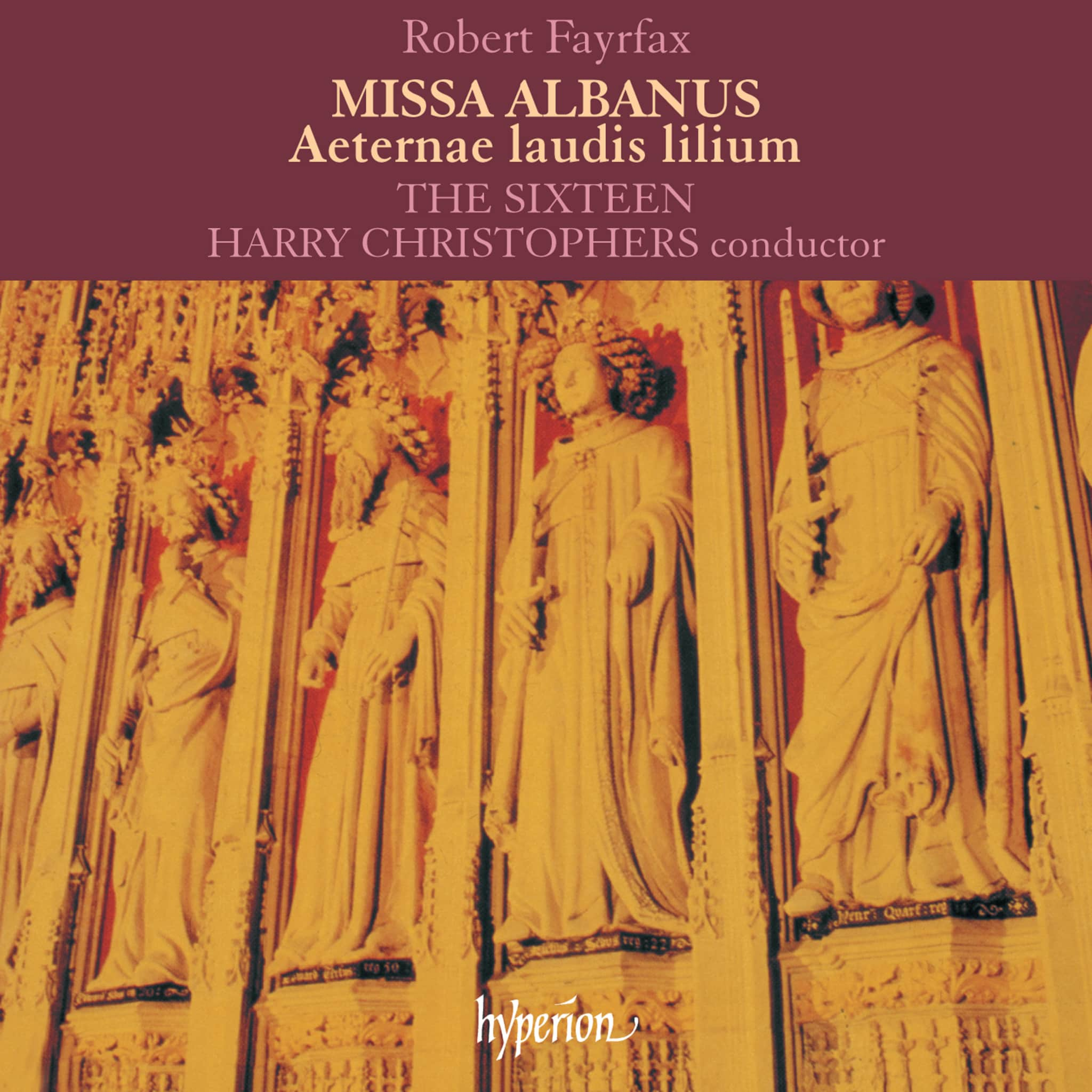In the 18th century, Johann Sebastian Bach composed his motets, which form a small, independent group within the extensive cosmos of his sacred music. In Bach's time, a motet in German-speaking regions was understood to be a sacred vocal composition without independent instrumental parts, employing only basso continuo and possibly instruments that doubled the vocal parts. For Bach and his contemporaries, the term referred not only to modern compositions but also to older works.
The six motets BWV 225 to 230 were probably composed during Bach's tenure as Thomaskantor (director of music at St. Thomas Church) between 1723 and 1730. These works were not intended for Sunday services but were composed for special civic occasions such as funerals, memorial services, burials, and weddings. It is noteworthy that Bach's motets, due to their connection to civic festive culture, have enjoyed an unbroken performance tradition to this day.
The limited availability of original performance materials restricts our knowledge of Bach's performance practices. Although the musical text for the few surviving motets is well preserved, it remains unclear how many might have been lost. The question of authenticity raises serious problems: some works long attributed to Johann Sebastian Bach are probably not by him, while others attributed to older members of his family may indeed have been composed by him. One composition even presents a pastiche of music by Bach and Telemann.
The Bach motets were the composer's first sacred works, ushering in the Romantic Bach revival even before Felix Mendelssohn Bartholdy's famous revival of the St. Matthew Passion in 1829. They had already found their way into the burgeoning bourgeois concert life before Bach's Passions and cantatas. The motets BWV 225 to 229 were first published in print in 1802/03, edited by the then Gewandhaus Kapellmeister Johann Gottlieb Schicht.

